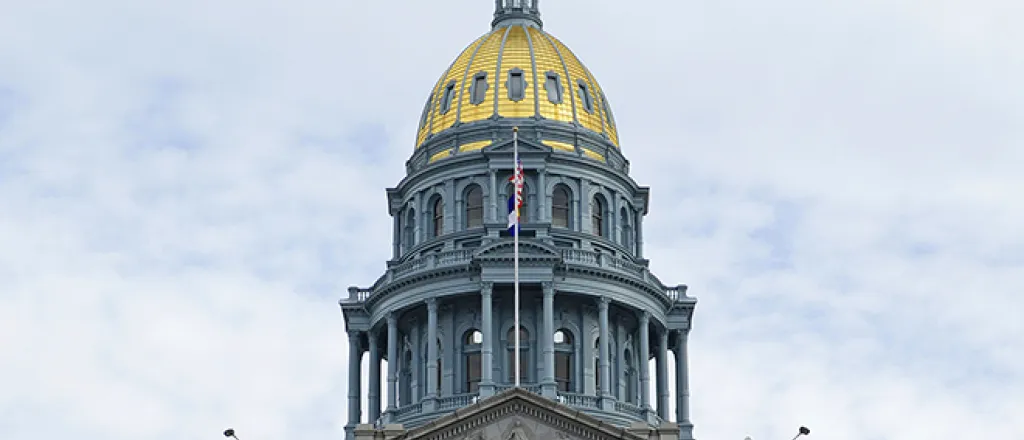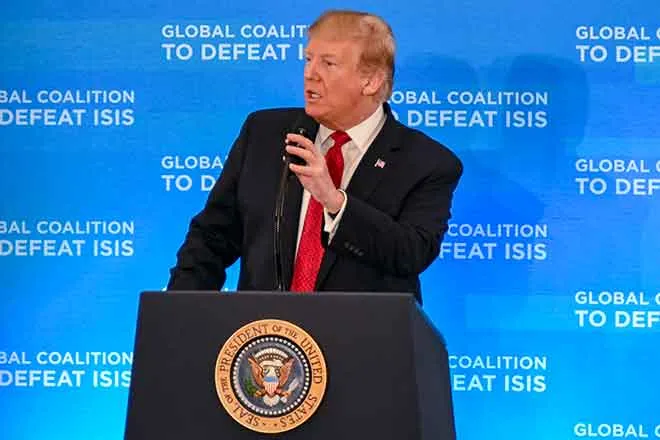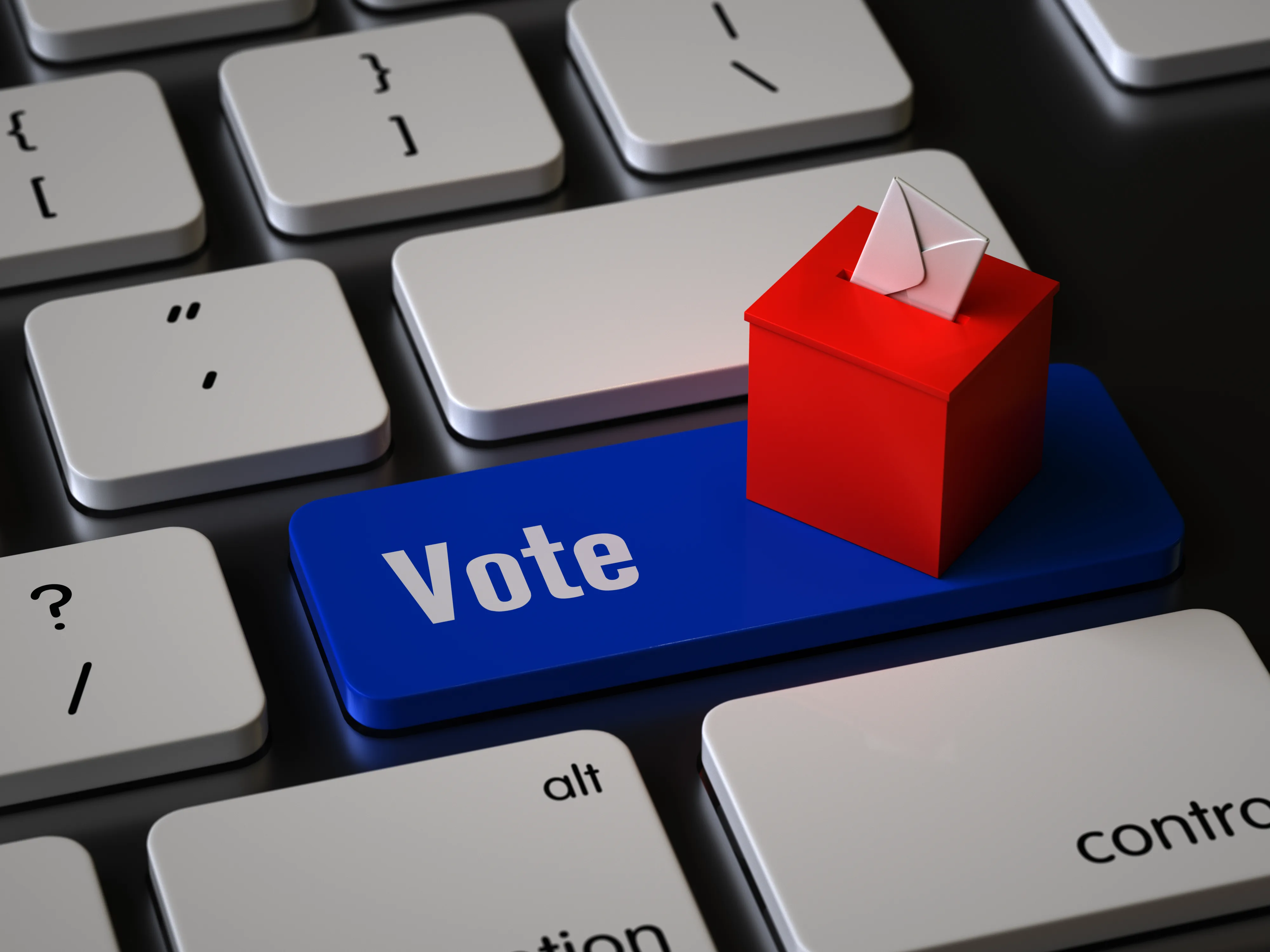
Mark Hillman’s Capitol Review - We can all do better in 2019
It’s easy to be discouraged about the future of America, particularly if viewed through the lens of Facebook and Twitter or described by television talking heads who thrive on conflict apparently because doing so drives up ratings and online followers.
Ironically, Social media cultivates anti-social behavior because we all like to see ourselves as aspiring Rush Limbaughs or Rachel Maddows. Incivility is rewarded by “likes” and “retweets.” Reason and understanding, not so much.
Productive conversations do not take place on social media. It’s difficult enough to have a reasoned online disagreement with someone you know, but the “audience factor” makes it worse because my “friends” disparage you and encourage me and vice versa. Emboldened by cyber-separation, we throw spiteful jabs at each other using scornful rhetoric that most would recognize as unacceptable in polite society.
For 2019, let’s remember that each of us has an inherent right to his or her own thoughts and to express their opinions. Our clever comeback probably isn’t so clever.
Proverbs reminds us, “A gentle answer turns away wrath, but a harsh word stirs up anger.”
It’s encouraging that we still tend to behave cordially when we put down our devices and re-enter the real world of face-to-face interaction. I am reminded of the goodness of my fellow Americans often when I simply hold the door open or show a small courtesy to someone at a store or on the sidewalk. When meeting face-to-face, we still try to get along – and not only with people like ourselves.
Hundreds of miles away in cities where many doubtless hold opinions quite opposite of my own, people still appreciate courtesy and tend to respond in kind. A sincere smile or “thank you” from a real person is far more valuable than a fleeting “like” from a “friend.”
We can all do better in 2019 if we put down our devices and re-engage with real, live humans.
Recently, I was especially encouraged by the comment of a young Democratic state legislator who described the unity that he witnessed after 9/11.
“We weren’t red or blue,” he said. “We were all Americans.”
That’s a good reminder not to view people with different political views as the enemy.
One reason I so enjoy using Uber when I visit other cities is because I have yet to meet an Uber driver whose company I didn’t enjoy.
In Chicago, I took a delightful ride with a school personnel officer who, as an Alabama graduate, shared my enthusiasm for Crimson Tide football. On another trip, I shared stories with an immigrant from Pakistan who worked in Dubai before coming to America to raise his family. In San Diego, I was surprised that a young man from Turkey who now works with our military shared my love of classic country music.
We can’t allow our disagreements to separate us. Most of our fellow Americans want what’s best for their country, their community and their family. We may disagree about what “the best” truly is, but let’s take time to seek out common values and objectives.
The first words of The Purpose-Driven Liferemind us, “It’s not about you.” Yet it’s so easy to behave as if the opposite were true. Re-training ourselves is well worth the effort.
When we encounter each other in the real world, we still tend to look for things we share in common – interests, jobs, personal experiences. The more time we spend together, the more we cultivate an others-centered perspective.
Hopefully, we don’t need an earth-shattering event like 9/11 to remind us that life is bigger than us versus them. Fifty years from now, hardly any of us will matter, but the norms of social decency that we leave to our children and grandchildren certainly will matter.
We can all do better in 2019 if we turn our focus outward, toward leaving our country and community better than we found it. That’s infinitely more significant than the fleeting foolishness of Facebook or Twitter.


















